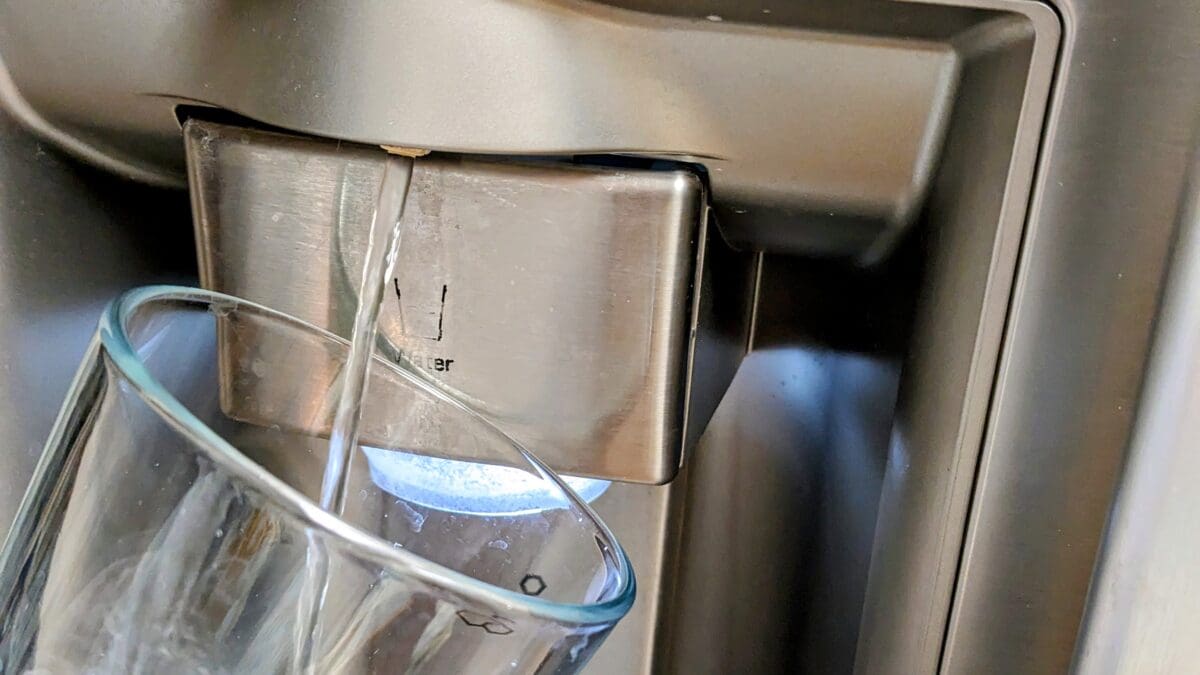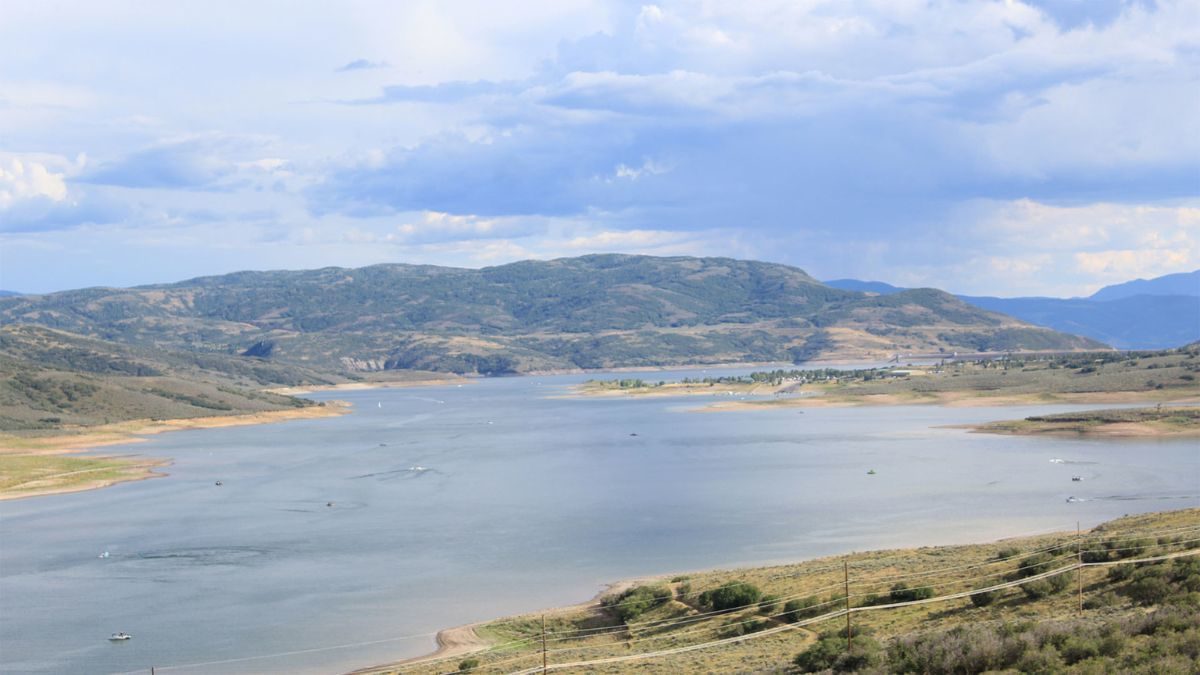News
Park City readies for stricter EPA rules

Photo: Drinking water.
PARK CITY, Utah — The Environmental Protection Agency’s (EPA’s) new regulations on perfluoroalkyl and poly-fluoroalkyl substances (PFAS) drastically lower the permissible levels of these “forever chemicals” from 70 parts per trillion to just four parts per trillion. This updated ruling compels Park City to enhance its monitoring and remediation strategies significantly.
Monitoring for PFAS and initial assessments required by 2027
Nathan Brooks, Director of Environmental Health for Summit County, detailed the new mandates that local water systems must adhere to under the EPA’s directive: “Public water systems are now required to monitor for PFAS and complete their initial assessments within the next three years, by 2027. Furthermore, they must initiate ongoing compliance monitoring and public reporting of PFAS levels.” The directive extends over the next five years, with a 2029 deadline for implementing solutions to mitigate PFAS if levels exceed Maximum Contaminant Levels (MCLs).
Michelle De Haan, Park City’s water quality and treatment manager, underscored the urgency and gravity of the situation: “Given the severe impacts associated with exposure to forever chemicals, Park City is taking this rule very seriously. Our highest priority is maintaining public trust in ensuring the water quality for our community.”
Park City’s testing for PFAS showed high levels of PFAS
Park City discovered PFAS in three of its groundwater wells, sourced from a common aquifer beneath a golf and cross-country ski course. Concentrations reached up to eight parts per trillion—double the new EPA limit. In response to the findings, Park City proactively banned fluorinated ski wax last year, which was identified as a contributing source to the PFAS contamination.
De Haan noted: “We tested snow last year and again this spring. We have matching compounds and similar concentrations. Important is source protection. We are trying to keep from concentrations getting higher or impacting more sources.”
The PFAS levels in the groundwater wells still tested at 8.4 parts per trillion. All other water sources tested free of these forever chemicals.
Park City uses between 2 and 8 million gallons of water each day
De Haan highlighted the city’s adaptive strategies: “Park City uses 2 million gallons of water per day during normal use periods. We only use well water during high demand periods, from mid-June to the end of August with usage of 8 million gallons per day.”
The city has submitted a blending application with the Utah Division of Drinking Water and has been verbally told that it will be acceptable. During high demand periods the PFAS-free water will be blended with the water from the three PFAS-contaminated wells to achieve a level below the EPA required maximum. Ten percent of water systems in the US are affected and will have to add large-scale carbon filter systems, which are expensive to build and maintain.
De Haan shares: “We are ahead of the curve. We are glad we can achieve the new requirements without having to spend a lot of public funds.”
New 3Kings water plant crucial to overall betterment of water quality
Brooks provided insights into the broader state-level initiatives: “The Utah Division of Drinking Water is currently establishing a program to initiate PFAS testing across the state. Although Summit County has not yet started PFAS testing, we are preparing to begin sampling as soon as the state is ready to support this effort.”
These stringent new requirements are part of a broader EPA effort to tackle PFAS contamination nationwide. By 2029, all public water systems detecting PFAS levels above the set thresholds must take corrective action and notify the public of any violations.
Park City’s upcoming 3Kings water treatment plant, set to become operational this summer, will play a critical role in addressing contaminants from former mining operations and further safeguarding the community’s water supply. Meanwhile, the Salt Lake City Department of Public Utilities is investigating PFAS sources in its water system, focusing on ensuring compliance and maintaining public safety.
Find out more about Park City’s water
Park City has been diligent in securing water rights for years, initially from the Weber Basin. At this point they are actually selling water to others including Summit Water. The current Park City water quality can be found at parkcitywater.org. The new report becomes available in June. “We always encourage drinking our water with confidence and pride,” concludes De Haan.













